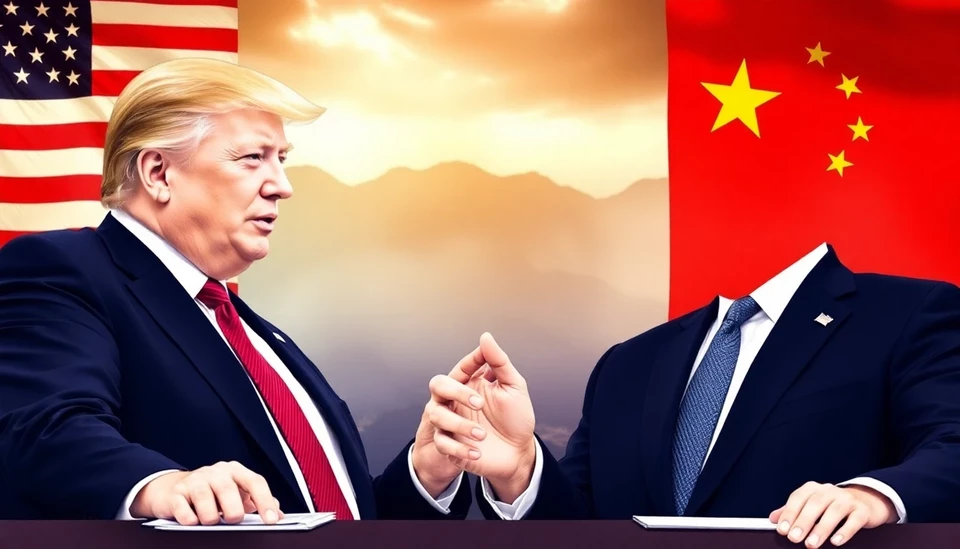
The mounting tensions between the United States and China are entering an unpredictable phase, particularly as both nations approach critical electoral periods. As the political environment in the U.S. intensifies, especially with the 2024 presidential election on the horizon, the intricacies of these bilateral relations are becoming more difficult to navigate. The stakes are high, influencing not just diplomatic ties but also economic strategies, military posturing, and global alliances.
The current landscape is characterized by a series of contentious issues ranging from trade disputes to human rights concerns and geopolitical maneuvering in the Asia-Pacific region. As both countries grapple with their own domestic challenges, the international ramifications of these strained relations could reshape the global order. U.S. officials are increasingly worried about China's assertive actions in areas like Taiwan, Hong Kong, and the South China Sea, which they view as provocative and indicative of a broader strategy to challenge American influence.
Meanwhile, China's leadership, facing its own set of economic and political challenges, seeks to bolster national pride and convey strength. This has led to a more aggressive foreign policy stance, particularly towards Hong Kong's autonomy and Taiwan's sovereignty, often resulting in strong rhetoric against perceived Western interference.
As American politicians prepare for the election, the issue of China's growing power and influence is set to become a key talking point. Different factions within the U.S. political landscape have varied positions on how to best engage with China, from advocating for a tougher stance to pushing for engagement through diplomacy and economic cooperation. This divergence complicates not only the U.S.'s approach but also China's response, as it must anticipate and adapt to shifting strategies depending on the election outcome.
In this environment, major geopolitical events, such as potential military conflicts, trade negotiations, or alliances formed in response to U.S.-China relations, can have significant impacts. Analysts indicate that any miscalculation by either side could lead to escalated tensions or unintended consequences, especially as military interactions in contested regions increase.
The current context raises pressing questions: How will the elections shape U.S. foreign policy? To what extent will candidates use China as a focal point to galvanize their electoral base? And how will China strategically respond to the evolving landscape? Observers are keenly watching as both nations prepare for the potential shifts after the election that could redefine their relationship.
As we move closer to the electoral season, the global community is left to ponder the implications of these dynamics, with many stakeholders emphasizing the need for careful diplomacy to safeguard international stability. The U.S.-China relationship is at a crucial juncture, and the decisions made in the coming months are likely to resonate far beyond their borders.
#USTensions #ChinaRelations #GlobalPolitics #Elections2024 #Diplomacy #Taiwan #SouthChinaSea #PoliticalStrategy
Author: Laura Mitchell




